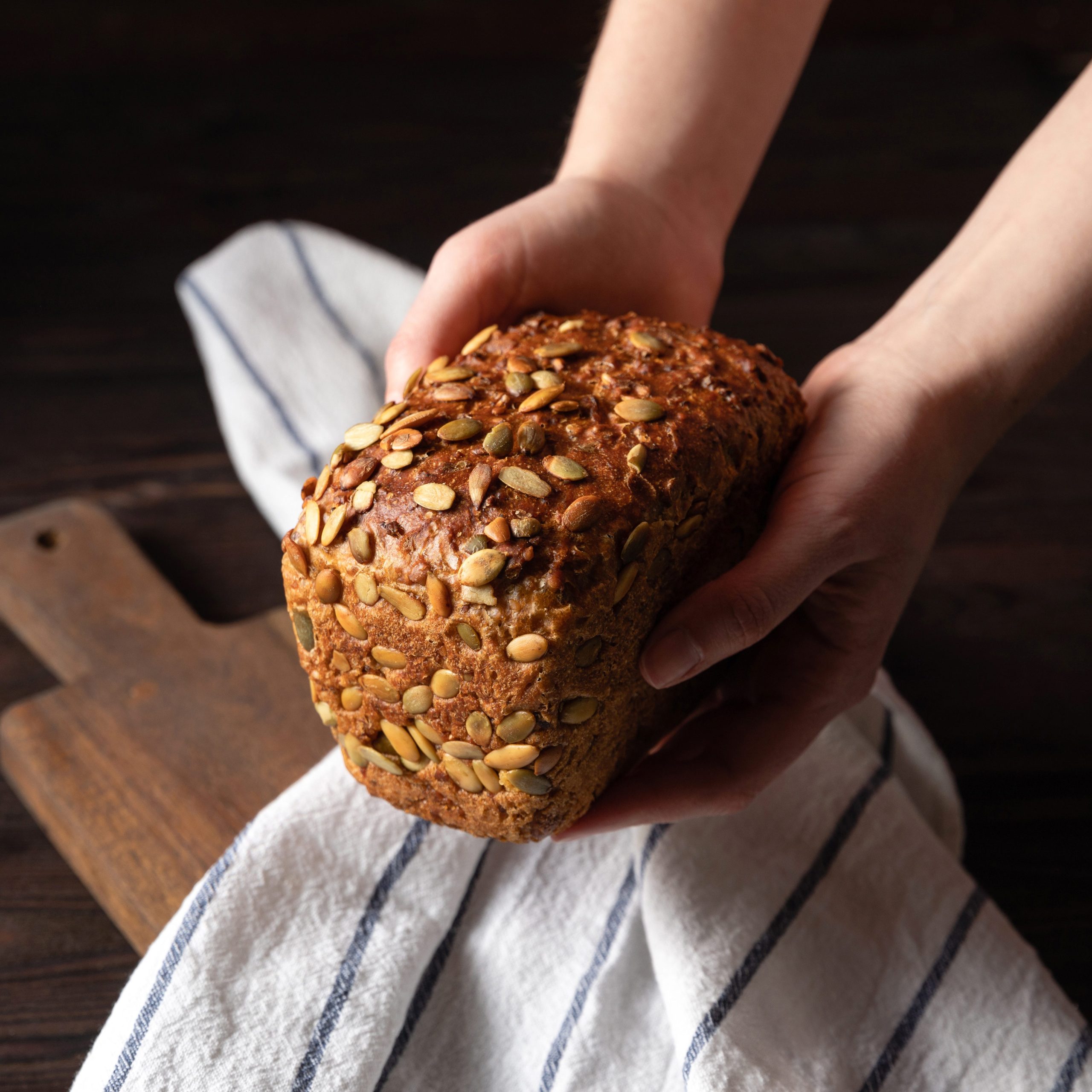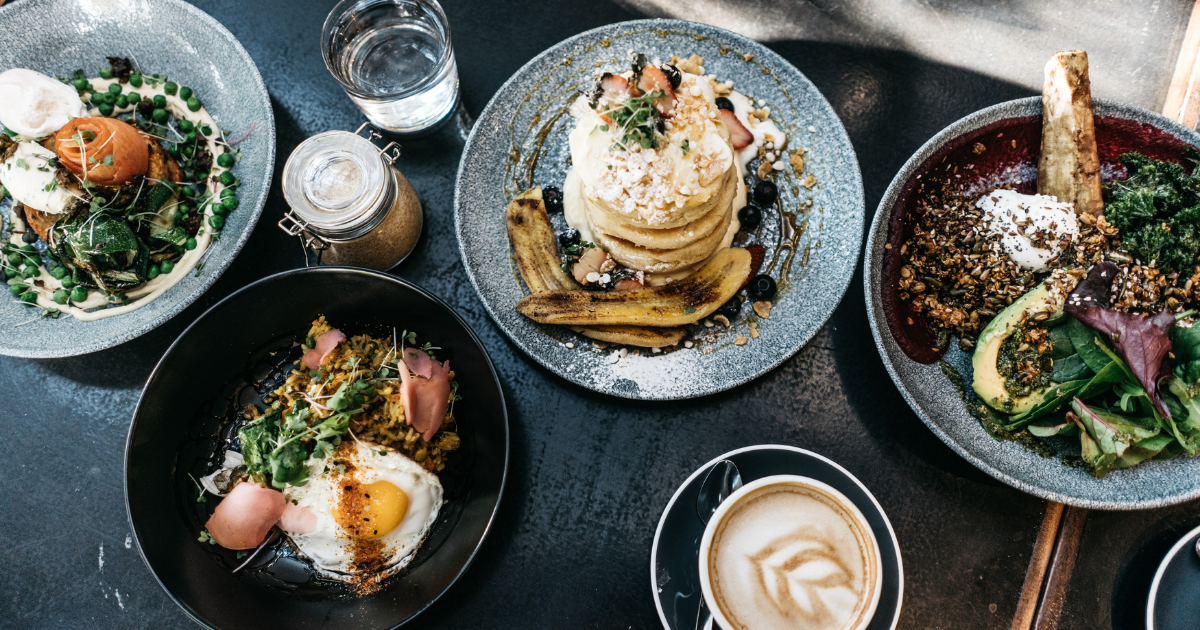When it comes to food, separating fact from fiction can be difficult. The internet has made it possible for anyone with an opinion on food to publish those opinions, whether they be true or false. Here are 3 of the top food myths and why they are simply not true.
MYTH: “All Carbs Are Bad”
If you had to label one food category as the “bad guys,” it would probably be carbs, right? This is the biggest myth out there, though; not ALL carbs are bad! There are two types of carbs: simple and complex. While you do want to stay away from simple carbs like sugary pastries and enriched/refined pasta, complex carbs host a variety of benefits and play an integral role in a well-rounded diet. Your body needs whole-grain, fiber-rich, complex carbs to sustain the energy it gets from protein. So don’t fall for the lie that carbs are evil. Just swap out the bad ones for the good ones!
MYTH: “Grazing Is Better Than Three Meals a Day”
You may have had friends recommend you ditch the traditional three meals a day and instead graze or eat 5 small meals a day. But is that healthy? It can be, but only if you eat something healthy such as raw veggies or protein. If you don’t do it mindfully, Consumer Reports says that snacking and grazing can do more harm than good:

“About a quarter of snackers believe it’s healthier to eat several snacks throughout the day vs. larger meals. The rationale for grazing is that it keeps you from getting too hungry and then overeating. But when it comes to weight control, there’s no clear advantage to eating frequent smaller meals over fewer larger ones. If you don’t pay attention, you run the risk of taking in too many calories, especially if your version of grazing is constant nibbling over several hours. And small meals might not truly satisfy you; you may end up eating more.”
consumerreports.org
MYTH: “Calories You Eat In the Evening Are Worse Than Calories You Eat In the Morning or Afternoon”
There’s a myth floating around that the calories you consume at night are more likely to cause weight gain than the ones you eat earlier in the day. Unfortunately, this is a lie a lot of people have fallen for. But calories don’t change identity throughout the day, they just are what they are. The calories you consume at night are the same calories you consume any other time of day. “What matters are the total calories you take in,” says John Foreyt, Ph.D.
